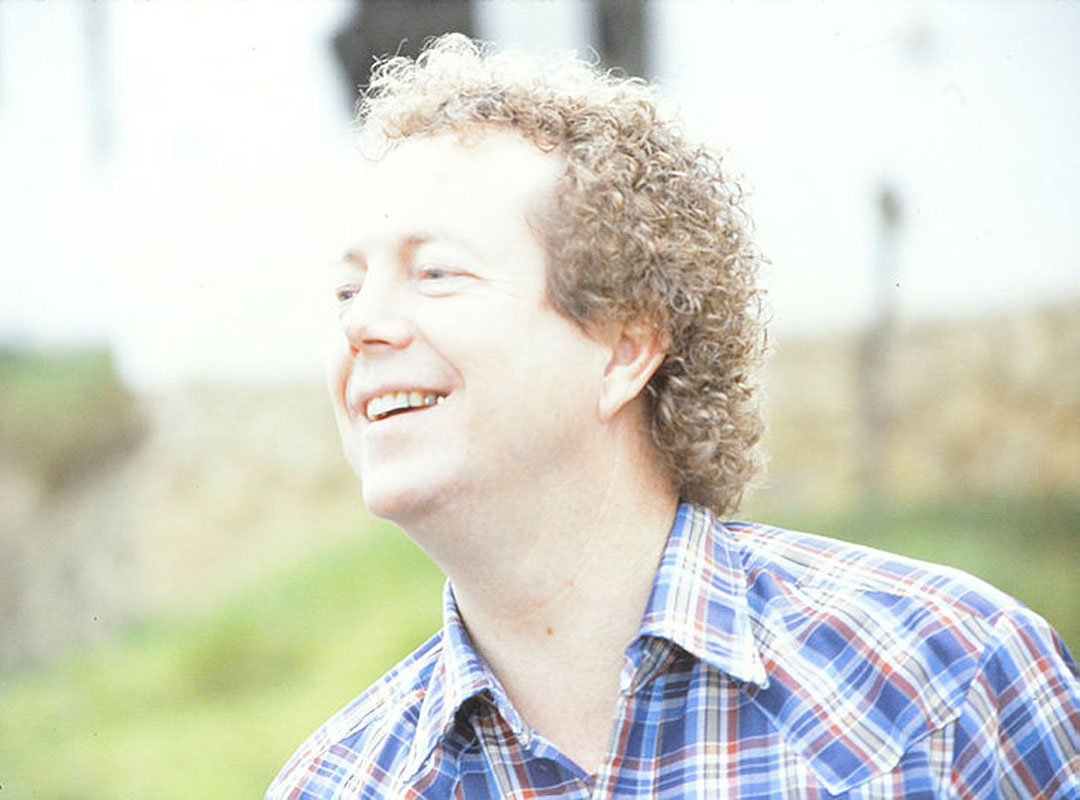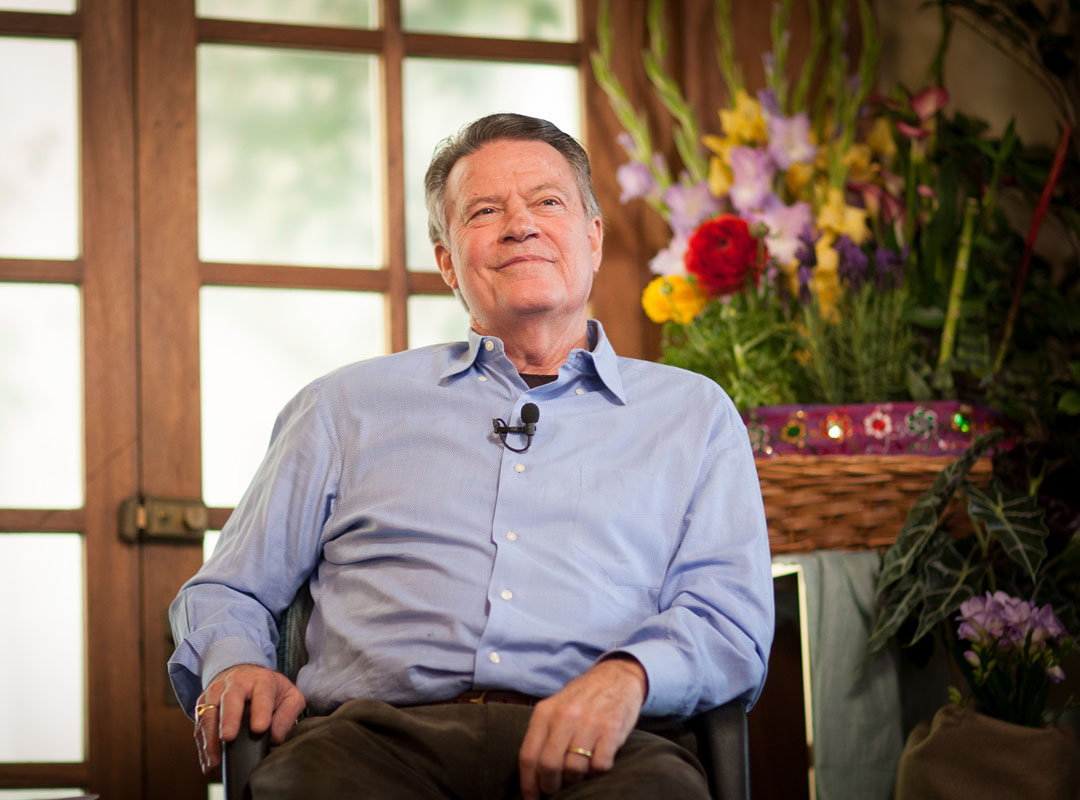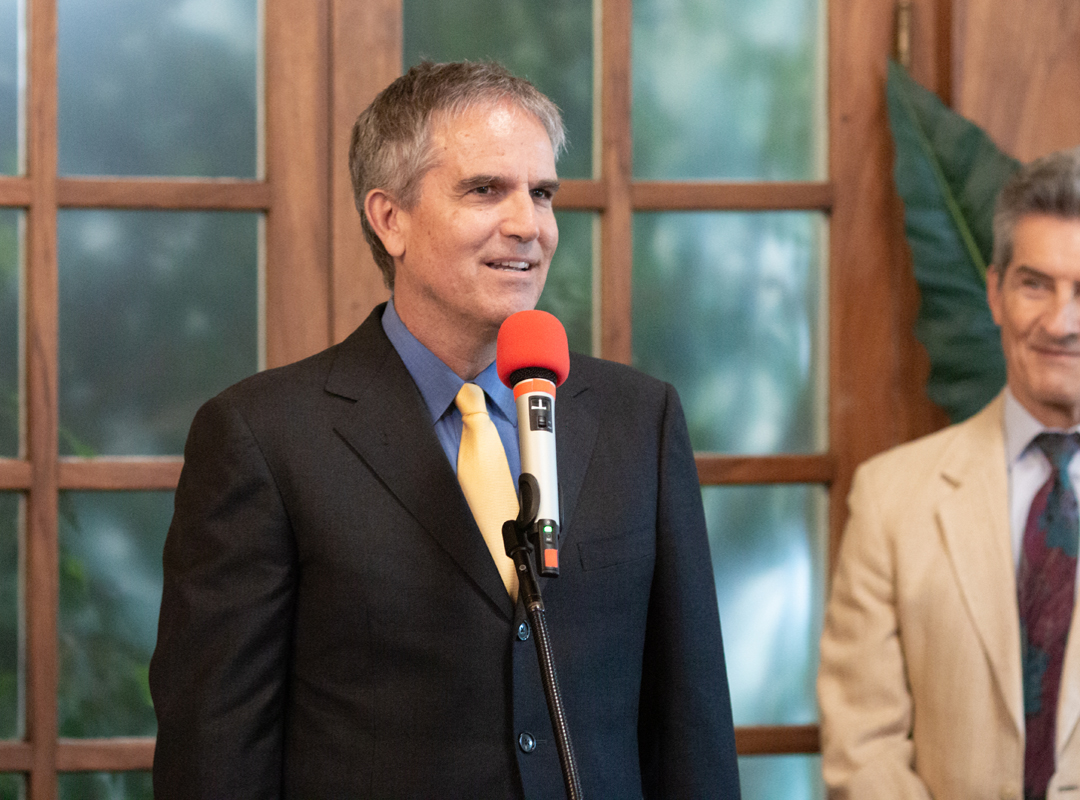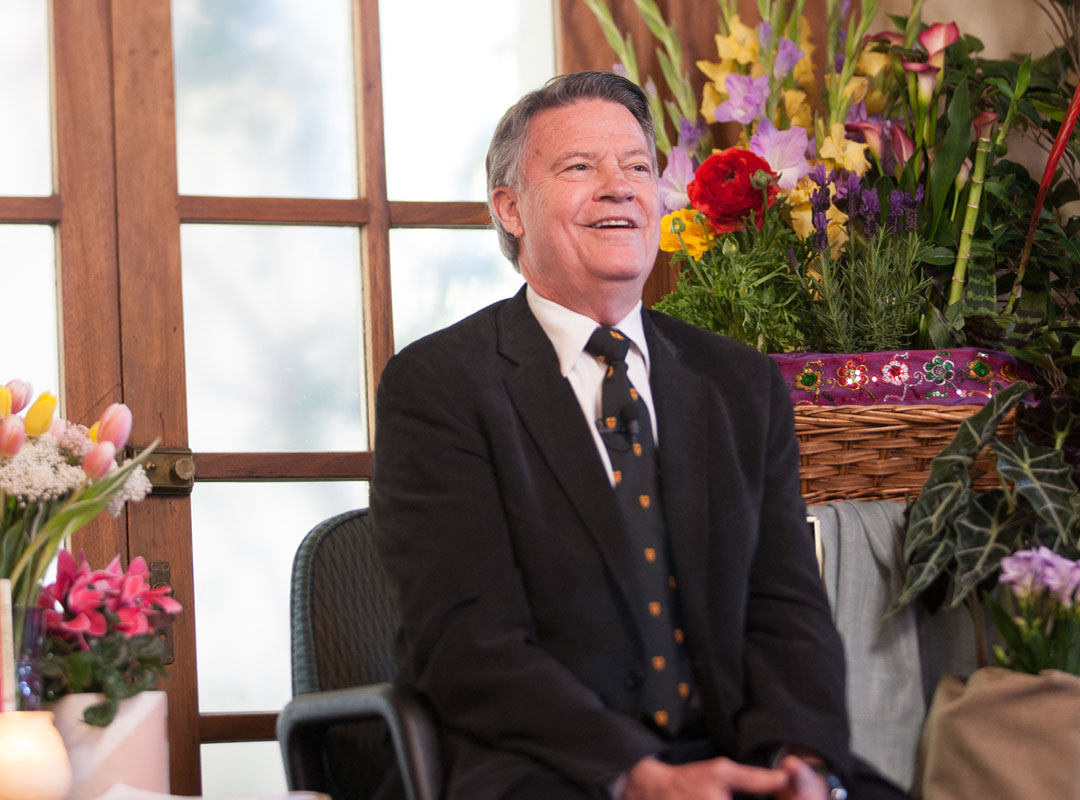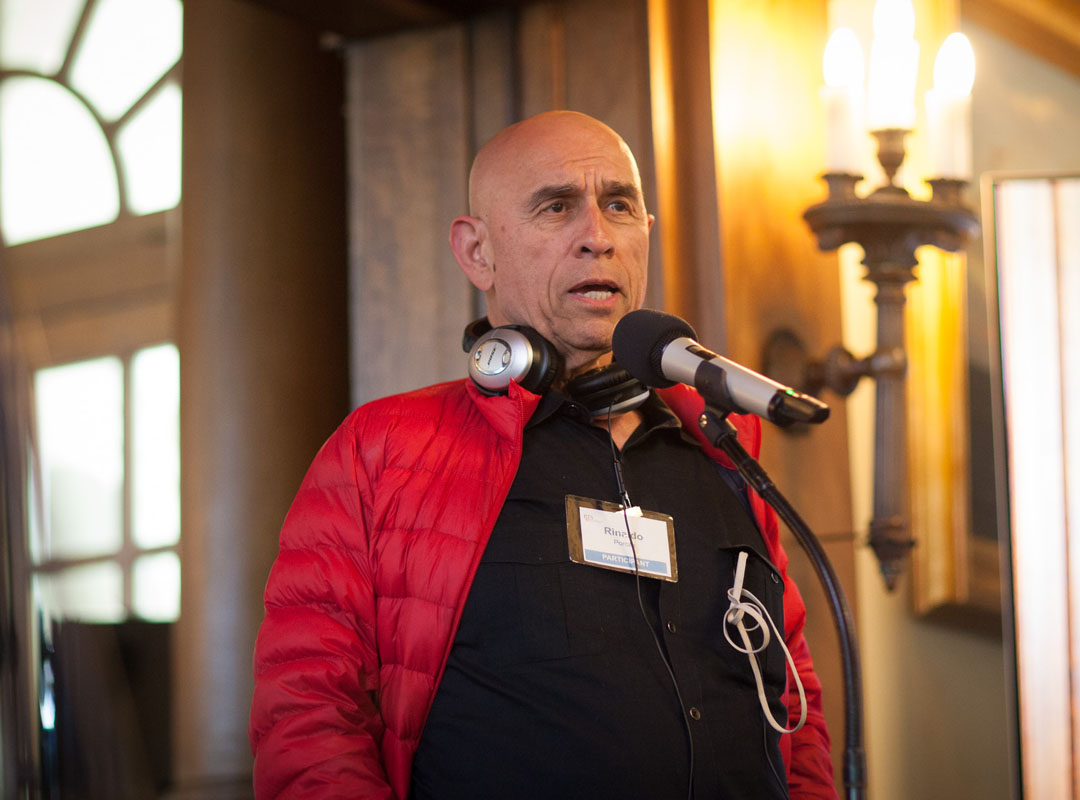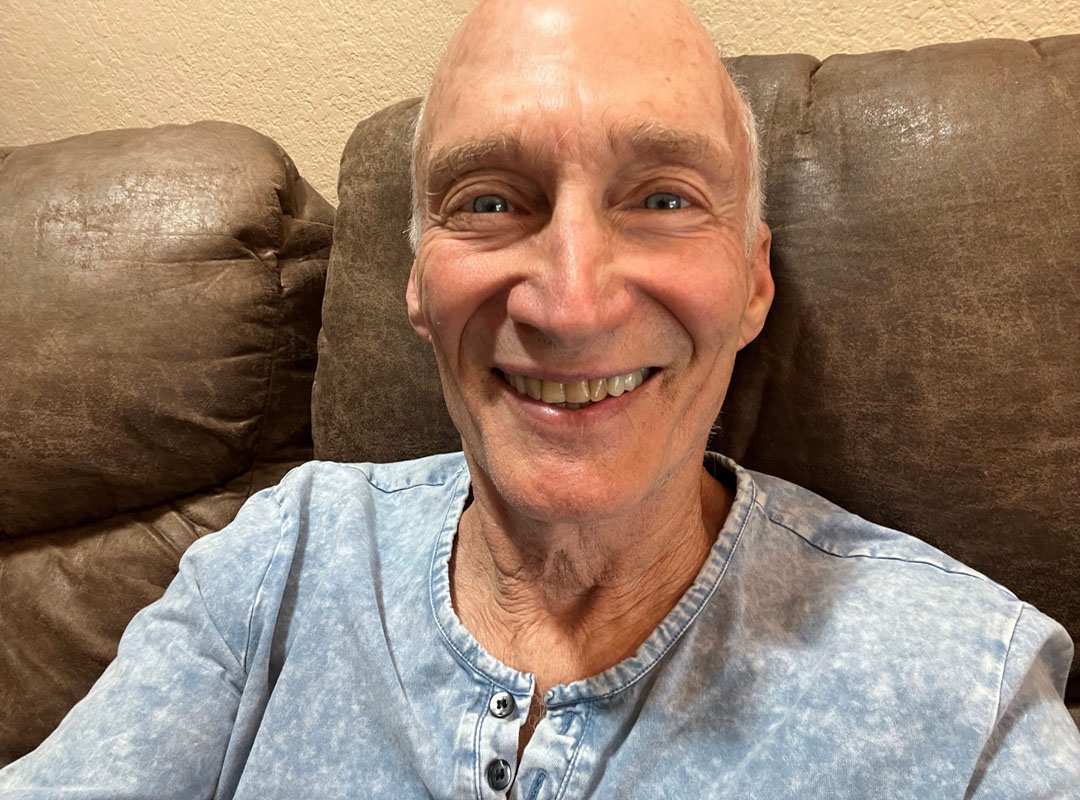 Surrender is a process of surmounting. The first part of the word surrender is sur, which means above or superior. It’s an overcoming, a moving above. The second part of the word is render, which has to do with release and giving up or giving away what is due or owed. We see it used in the Bible when Jesus said, “Render therefore unto Caesar the things which are Caesar’s, and unto God the things that are God’s” (Matthew 22:21).
Surrender is a process of surmounting. The first part of the word surrender is sur, which means above or superior. It’s an overcoming, a moving above. The second part of the word is render, which has to do with release and giving up or giving away what is due or owed. We see it used in the Bible when Jesus said, “Render therefore unto Caesar the things which are Caesar’s, and unto God the things that are God’s” (Matthew 22:21).
So when we’re surrendering, we are giving up what is due, letting go what we need to let go. There’s also something beyond that, as though something more is asked of us, where we give up everything and empty our pockets, and then they say, “C’mon, give me everything.” Surrender is giving all that we have to give.
We also can give totally of ourselves, that we become an offering in an absolute, unconditional, and complete surrender: “I am at your mercy. You can do whatever you want with me.” That’s a great way to approach God, that we come whole and complete without any condition, with no attempt to hold on or hold back.
We may see unconditional surrender as having no choice. We may think in terms of foes or enemies, as though surrender is a concession to the one who has the greater power, as if one has his foot over the other’s neck or a sword held over the other in position to command surrender even though fear to do so remains.
But there’s another kind of surrender that’s voluntary, with no requirement or demand to do so. We freely give ourselves up. In the story of Jesus in the Garden of Gethsemane on his knees, sweating blood, and praying, Jesus willingly surrenders to his arrest, the trial by the Sanhedrin, which is then followed by the Roman torture and crucifixion. Obviously, whatever was meant by his sweating blood, we can conclude that it was intense and somehow related to whatever Jesus was considering was about to happen.
In the Garden, a prayer went out from Jesus to the Father about taking away the bitter cup. It’s obvious to me that he was looking into what was about to happen and seeing the flesh-and-blood part of it realized: This is going to hurt. They’re going to kill me. They’re going to torture me and take their time doing it. It would be most difficult for anyone, just being human, to be calm while facing this kind of outcome.
Even though it’s difficult to know exactly how we would behave, it’s worth considering in some way. In order to choose God and not back off of your mission or your job, could you choose a crucifixion? Would you have whatever it takes to do that?
One thing that I’m sure of is that it takes the blessing of surrender to overcome the most extreme pain and suffering. It would be valuable to know exactly what Jesus knew in order to gracefully withstand the extreme suffering of a crucifixion. What was in his heart in that moment? Perhaps following in the Christ requires “picking up the cross” as part of “this, too, you shall do.” We can consider that choosing into God could take all of our strength, all of our courage, all of what we have to offer. And then we just let go and let God.
In the Garden, Jesus asked the Father, “Can you take this cup away from me?” To me, this is a smart person. If we don’t have to do it, let’s call it off; if it’s just the karma, is there some way to work this differently for the better?
I’ll tell you something about how I read karma. There’s a level of it that we can bypass by waking up, by realizing who we are and demonstrating that we know what we need to know so that we will never repeat the karma, and then it can be wiped clean. And there is some karma that we simply must walk through. We must endure it. The way that we process the karma demonstrates where we are in our consciousness, whether we’re ready to face God or we need another chance so we complete the karma.
There is a later plan. It’s called reincarnation or reembodiment. It’s called things that come around again. It’s the Law of Reversibility. Things that are put in motion come back to us, and if we have been doing our part in the meantime, we can see the karma coming and say, “No thanks. I don’t want to do that again unless need be.”
Sometimes we can realize we’re about to choose something; there’s the desire, the inclination, or the intense feeling to do it, and somewhere inside we will know, “Don’t do it.” We know it won’t work or serve us, and we’ll still do it again. We’ll then wonder, “Why did I do that again? How could I be so stupid? I knew better, and I just walked right into it.”
It’s like seeing that every time somebody walks to a certain place, they get clubbed over the head. And you get right in line and get clubbed over the head, again. It might feel like, “Well, everybody else is doing it,” but getting in line to be stupid isn’t any smarter. We say karma is spelled S-T-U-P-I-D. It’s the part of us that doesn’t know better, yet it should.
Sometimes it feels like there’s some kind of magnet, and we get pulled or pushed into things. Have you ever heard of the winds of karma? It’s as though everybody is subjected to the same karma. A little while back, it was Bosnia, Herzegovina, Kosovo. More recently, it’s Afghanistan, Iraq, Israel, Palestine. We can go to a lot of places on the planet and find stupid things repeating themselves. All of us on the outside have the luxury, the opportunity to point our fingers and say, “Look how stupid they are.” But we really don’t know until we are in it and the mass hysteria starts working or the consciousness of revenge and that type of thing.
You might wonder why I’m talking about this when I’m talking about surrender. Well, just because there’s a war called doesn’t mean you have to put on a uniform and go out and fight. The classic thing to do in a war when you want to surrender is to wave a white flag. You might start out that way, saying, “I’m not here to fight.” Somebody may try to pick a fight with you: “Hey, c’mon, let’s fight. I’m gonna call you names. I’m gonna call your mother names. And your mother’s mother. And all your relatives in their graves”—as if that’s a cause for war. It’s just another cause to be stupid.
Somebody has to surrender. I don’t know if you’ve ever been in a fight, but none of them are fair. Or there’s the idea of “all’s fair in love and war.” So maybe it’s all fair, and you put up your white flag and they shoot you. “Well,” you say, “wait a minute. I put up a white flag.” That just made you an easy target. There are people who think like that.
What I would say here is, surrender to God immediately, whatever that means to you. And as far as I’m concerned, once you’ve done that, you’ve done it for all. And if God is going to do you in—like betray you or turn out to be false or no good—you might as well find out right now because if you perish in the process, the likelihood is that you were going to anyway. And if God really doesn’t matter, then you might as well know that now and get on with your life.
A woman once told me that the way she would know if she had already given up everything she had to give up was when she was accepting unconditionally everything that came. I thought that was a wonderful description. It’s when you have all the confidence there is, complete confidence. Con means with. Confidence can be seen as “with fidelity and trust.” It’s a form of acting in trust together. It’s often referred to in a marriage, keeping the oneness, the union that God has bestowed by not violating that fidelity.
In Spanish, con is a form of the verb to know (conocer). There’s a knowing of your fidelity with God. Imagine if you could completely trust God; then doubt would be out of the question. You just wouldn’t consider it. So you’re giving your trust to God, and you know you can “give your back” to God. If you can trust somebody with your back, that means they would never betray you. They would do whatever they could to protect you, even giving their own life. So that’s in store, and that’s what I know about God.
What I would also like to tell you is that I don’t always demonstrate it. At times my humanity gets the best of me. I react. I forget. And so one of my prayers is, “Forgive me for forgetting I’m divine.” I forgot my confidence in God. I forgot the trust I have in God.
This is a partnership. God is giving us God’s confidence and trust because we’re worthy. It’s not God making a mistake; it’s not that God was being stupid when He trusted you. So, you’re trusted, and it’s handed out in a way you can handle.
Have you ever had a moment in your life where you felt like destroying the world, like if there were a button you could push called “Destroy the World,” you might have pushed it because you were so angry or upset or depressed? You weren’t given that power. That’s good news. What you’re given, you can handle. As you’ve demonstrated you can handle the powers that have been given to you, you have been and will be given more power.
We can demonstrate the trust that God has in us by cherishing our life, demonstrating the trust that God has placed with us, to live upright, to welcome all the things that test us, knowing that there’s always a purpose to everything, a Divine purpose. It’s not a curse: “God must have done this to punish me. He’s getting back at me now for all those times I cursed Him.” That’s not who we’re dealing with here. If that happens, we’ve done it to ourselves.
My advice is to get in the loving business, in the forgiving business. Live your life with confidence, with boldness, with all your power. Don’t hold it back. Nobody has anything to apologize for. You’re not a mistake. Okay, you may have forgotten. It happens. That’s part of the perfection. As you wake up, straighten yourself, that you live in a truth that loves. And when you get to where you’re going with God, you have an opportunity to look back. And if you do look back, make your life show you that you did something on your part to cooperate with God’s will being done for you. You find that you didn’t leave it all to God to carry you home kicking and screaming. You find the bell is ringing for you, home safe and sound.
Baruch Bashan.







